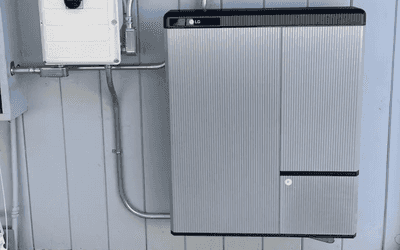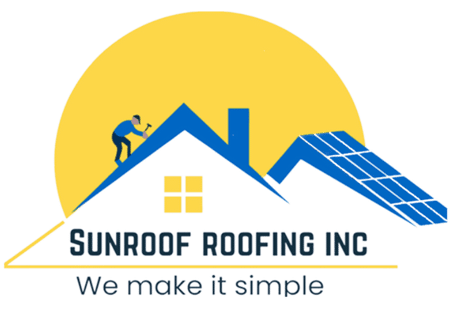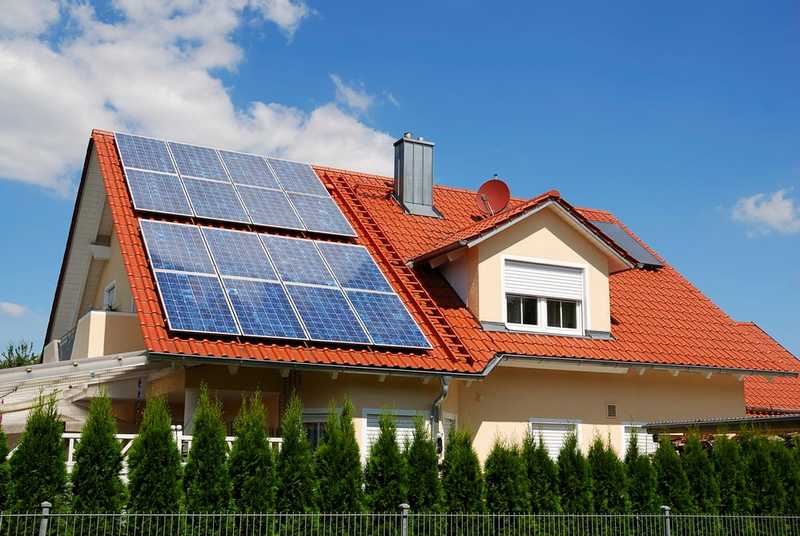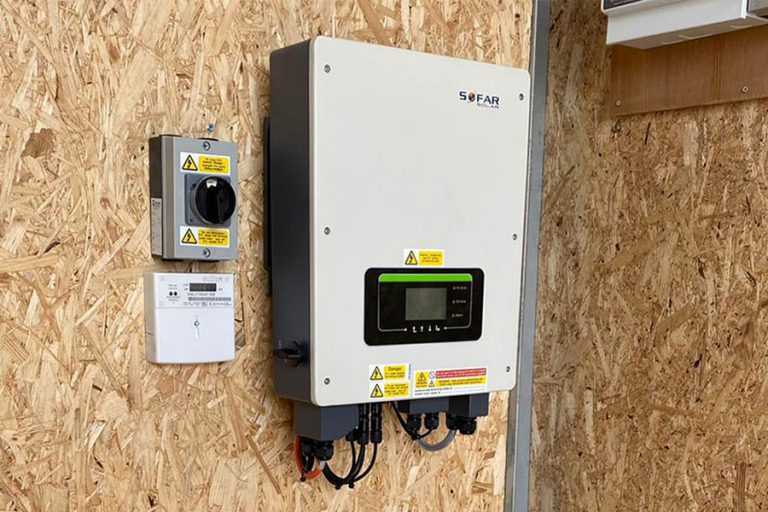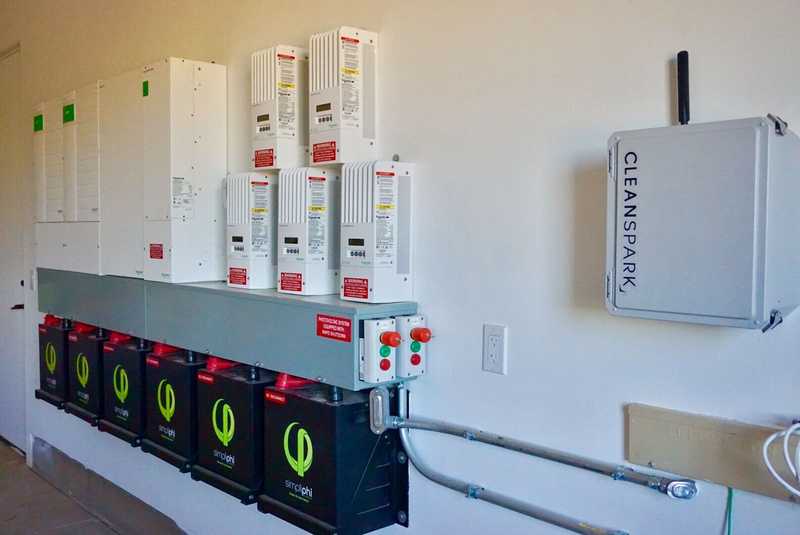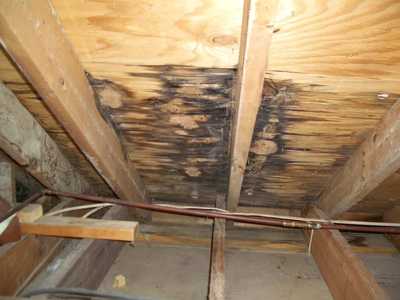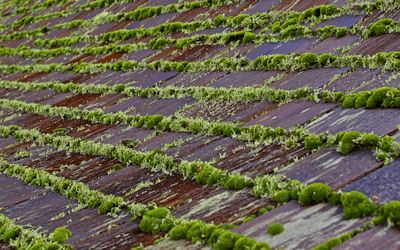How Does A Home Solar System Work?
Solar power is one of the most efficient and cleanest forms of energy. However, for someone who has no idea about solar power systems, it can seem extremely complicated and difficult to understand. We have been in the industry for some time, so I know that most people find it hard to understand how a solar system actually works. Luckily enough, the fundamental principle behind this technology is pretty simple and easy to grasp.
In this article, we're going to discuss the basics of how a solar system works, so that you can use this information to make the right decision in the future by being an informed consumer.
Solar panels, or PV modules, collect the sun’s light and convert it into Direct Current (DC) electricity.
Solar panels are made up of photovoltaic cells, which are semiconductors that convert sunlight directly into electricity. The process is called photoelectric effect and was first described by Albert Einstein in 1905. The basic idea is that when light strikes a semiconductor, it creates an electron-hole pair. These two particles can be separated, but they will always seek each other out again. When they reunite, they emit energy as heat or light.
Electrons are negatively charged while holes are positively charged. When sunlight hits the panel, it knocks electrons loose from their atoms and leaves behind positive charges called holes.
The electrons and holes migrate across a circuit made of metal wiring that leads to another set of electrodes where they combine with more electrons to produce more electricity — this time in the form of an electric current.
The solar panels on your roof are made up of many individual cells that are wired together in a series. This means that the electricity they produce is connected to each other and flows down through the wires in a continuous stream.
After the power is collected from the sun...
A solar inverter converts the DC electricity in your solar panels to Alternating Current (AC) electricity.
This is the same type of electricity you get from your utility company. A properly-function inverter also includes built-in safety features that protect your equipment from damage due to fire or electrical surges. If you’re considering a solar system for your home or business, make sure to choose a UL-certified inverter from a reputable manufacturer to ensure that all of these safety features are included and are reliable.
The inverter is the most important part of a solar system, because it converts the DC electricity from your solar panels into AC electricity that you can use in your home or business. When you install a new solar system, make sure to buy high quality components and have them installed by an experienced professional.
Once converted....
This AC electricity is used to power your home.
Any excess AC electricity that you produce is sent back through the utility line to your neighbors. The electricity produced by solar panels is converted from direct current (DC) to alternating current (AC). This AC electricity is used to power your home and any excess is sent back through the utility line and ends up back on the grid. Solar systems are connected to the grid so that if there is a cloudy day or you're using more energy than usual, you can draw from it.
Your solar system may also have a battery backup, so any excess energy is stored onsite for later use.
If your home or business uses more electricity at night than during the day when the sun is shining, then this battery storage can be very helpful. If you have solar panels and a battery backup, then your system is called a “hybrid” solar system. In this case, the electricity generated by your solar panels is used to power your home or business first and any excess is sent back through the utility line.
If you use more electricity than your solar panels can supply, then the power company will provide any additional energy needed. The amount of money that you save on your electric bill each month depends on how much electricity is generated by your system and your storage capacity (as well as how much you consume, of course).
Takeaway:
The power of the sun can provide a lot of energy for your home without polluting the environment and provides a safe, efficient alternative for neighborhoods to use to power their homes.
In this article, we covered the basics from gathering, converting, using, and storing solar energy. We hope that this information will help you begin to understand not only the benefits of solar, but how it works at a surface level so that you can make an informed decision on what needs to be installed and why.
Solar panels are a great investment for your home, as they will pay for themselves over time and save you money on energy bills. If you'd like to make the jump to solar, we at Sunroof Roofing Inc. are eager to get in touch with you to see how we can best help simplify the process. Our goal with every customer interaction is to stay true to our motto "We make it simple". We do everything we can to take the stress off your hands and give you the peace of mind knowing that the job will be done correctly, promptly, and to your budget.
If you're ready to start enjoying the benefits of solar, give Sunroof Roofing Inc. a call today!
Related Posts
Posted on: 11/1/2022
By Sunroof Roofing Inc.
